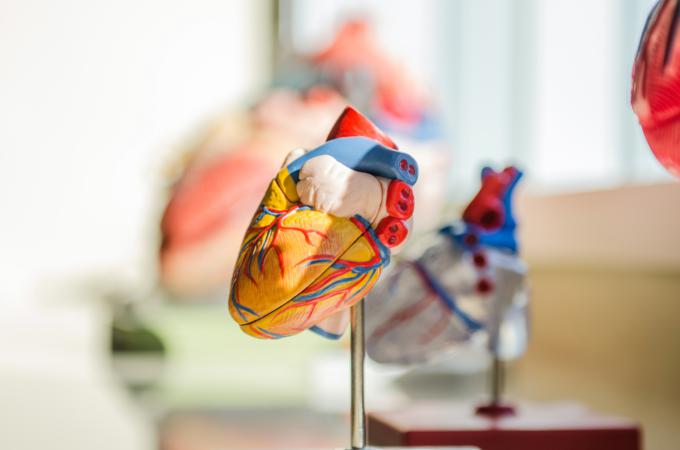Donating bodily remains
Q. At my death, I would like to donate my body to the local medical school for their continued research and training of students. Is this allowed in the Catholic Church? (Kailua, Hawaii)
A. Yes, it is allowed -- but with certain cautions. The Catholic Church teaches that it is permissible and even laudable to donate one's body to scientific research after death. The intent is to enable others to live longer if any viable organs can be used -- or to provide the material for research that might prevent disease in the future.
In October 2014, Pope Francis met with the Transplantation Committee for the Council of Europe and called the act of organ donation "a testimony of love for our neighbor." That same perspective is reflected in the U.S. Catholic bishops' Ethical and Religious Directives for Catholic Health Care Services:
"Catholic health care institutions should encourage and provide the means whereby those who wish to do so may arrange for the donation of their organs and bodily tissue, for ethically legitimate purposes, so that they may be used for donation and research after death" (No. 63).
Medical students can learn from research on cadavers to become healers of other human bodies. One caution was expressed by St. John Paul II in a 1991 address to participants in a conference on organ transplants.
He said: "The body cannot be treated as a mere physical or biological entity, nor can its organs and tissues ever be used as items for sale or exchange."
Another caution is that, at the conclusion of their use for research, bodily remains should be treated with respect and properly entombed or buried.
Q. What prayers does one say in silence when you first enter your seat in church? And what about after Communion? I have developed my own but am wondering if I have been missing something for all these years. (Youngstown, Ohio)
A. There is no "official" prayer a Catholic says when first entering a church, so I think it is just right that you have "developed your own."
Speaking personally, what I do is to ask God to quiet my heart and make me more aware of his presence, his power, and his peace. Then I thank him for the blessings of the day and speak to him about those for whom I have promised to pray.
I have always believed that we should converse with God as we would with any friend and that our own words serve us best.
As for praying after Communion, I try to spend some minutes in church after Mass to thank God for the gift of the Eucharist. In those moments of quiet, I often use the Prayer Before a Crucifix, which begins, "Look down upon me, good and gentle Jesus."
Others use the "Anima Christi" prayer, which dates back to the early 14th century and starts, "Soul of Christ, sanctify me. Body of Christ, save me."
Lately, I have become aware of a simple prayer from the 20th-century saint, Padre Pio. It seems perfect for those precious moments when the eucharistic presence is nestled in our hearts and reads: "My past, O Lord, I entrust to your mercy. My present, to your love. My future, to your providence."
- Father Kenneth Doyle is a columnist for Catholic News Service



















